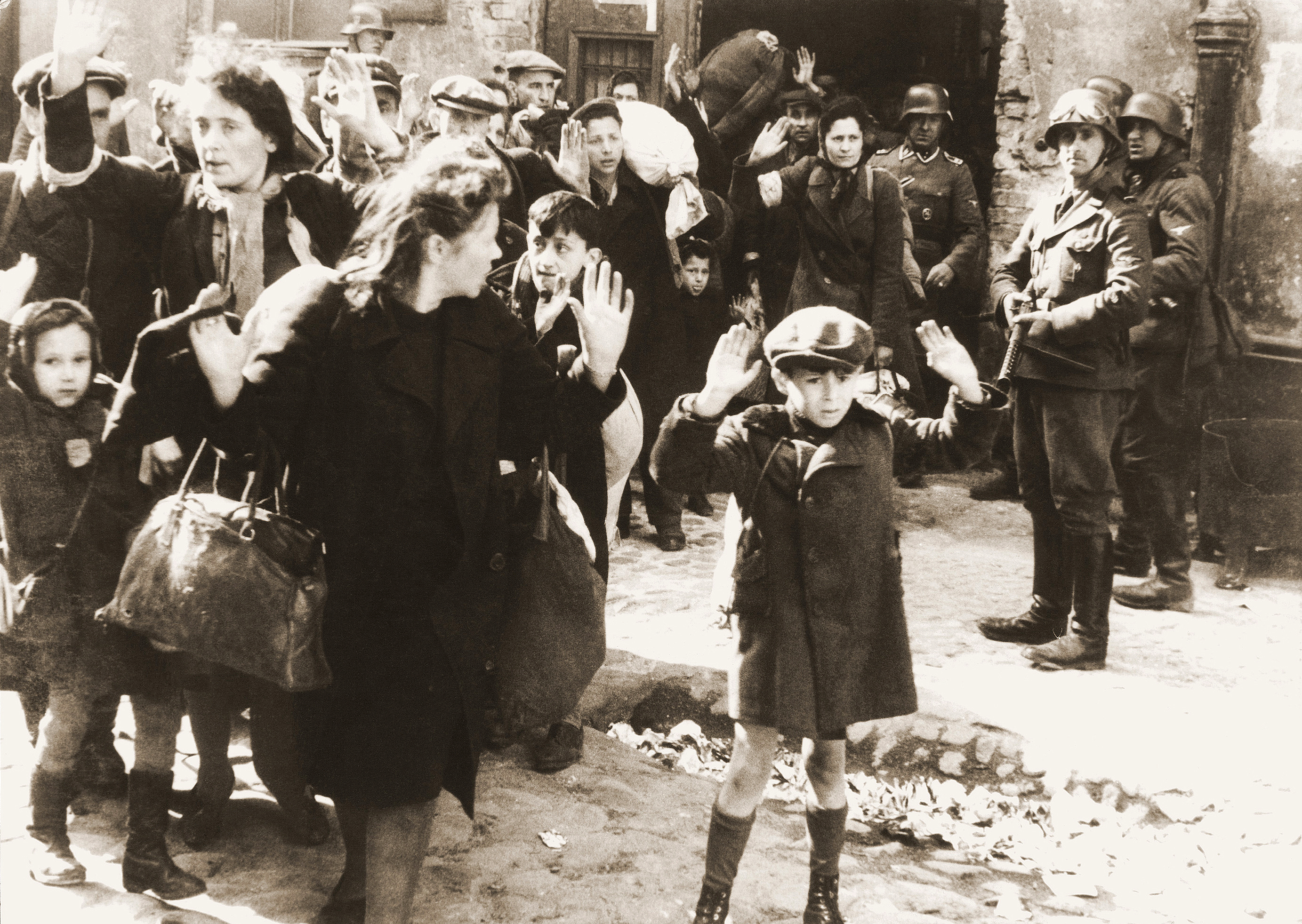|
Dignity Taking
Dignity taking is the destruction or confiscation of property rights from owners or occupiers, where the intentional or unintentional outcome is dehumanization or infantilization. There are two requirements: (1) involuntary property destruction or confiscation and (2) dehumanization or infantilization.Atuahene, Bernadette (2016-10-27). "Takings as a Sociolegal Concept: An Interdisciplinary Examination of Involuntary Property Loss". ''Annual Review of Law and Social Science''. 12 (1): 174. doi:10.1146/annurev-lawsocsci-110615-084457. ISSN 1550-3585. Dehumanization is “the failure to recognize an individual or group's humanity” and infantilization is “the restriction of an individual or group's autonomy based on the failure to recognize and respect their full capacity to reason.” Evidence of a dignity taking can be established empirically through either a top-down approach, examining the motive and intent behind those who initiated the taking, or a bottom-up approach, ex ... [...More Info...] [...Related Items...] OR: [Wikipedia] [Google] [Baidu] |
Doi (identifier)
A digital object identifier (DOI) is a persistent identifier or handle used to uniquely identify various objects, standardized by the International Organization for Standardization (ISO). DOIs are an implementation of the Handle System; they also fit within the URI system (Uniform Resource Identifier). They are widely used to identify academic, professional, and government information, such as journal articles, research reports, data sets, and official publications. DOIs have also been used to identify other types of information resources, such as commercial videos. A DOI aims to resolve to its target, the information object to which the DOI refers. This is achieved by binding the DOI to metadata about the object, such as a URL where the object is located. Thus, by being actionable and interoperable, a DOI differs from ISBNs or ISRCs which are identifiers only. The DOI system uses the indecs Content Model for representing metadata. The DOI for a document remains fixed ov ... [...More Info...] [...Related Items...] OR: [Wikipedia] [Google] [Baidu] |
ISSN (identifier)
An International Standard Serial Number (ISSN) is an eight-digit serial number used to uniquely identify a serial publication, such as a magazine. The ISSN is especially helpful in distinguishing between serials with the same title. ISSNs are used in ordering, cataloging, interlibrary loans, and other practices in connection with serial literature. The ISSN system was first drafted as an International Organization for Standardization (ISO) international standard in 1971 and published as ISO 3297 in 1975. ISO subcommittee TC 46/SC 9 is responsible for maintaining the standard. When a serial with the same content is published in more than one media type, a different ISSN is assigned to each media type. For example, many serials are published both in print and electronic media. The ISSN system refers to these types as print ISSN (p-ISSN) and electronic ISSN (e-ISSN). Consequently, as defined in ISO 3297:2007, every serial in the ISSN system is also assigned a linking ISSN ... [...More Info...] [...Related Items...] OR: [Wikipedia] [Google] [Baidu] |
Dehumanization
Dehumanization is the denial of full humanness in others and the cruelty and suffering that accompanies it. A practical definition refers to it as the viewing and treatment of other persons as though they lack the mental capacities that are commonly attributed to human beings. In this definition, every act or thought that regards a person as "less than" human is dehumanization. Dehumanization is one technique in incitement to genocide. It has also been used to justify war, judicial and extrajudicial killing, slavery, the confiscation of property, denial of suffrage and other rights, and to attack enemies or political opponents. Conceptualizations Behaviorally, dehumanization describes a disposition towards others that debases the others' individuality as either an "individual" species or an "individual" object (e.g., someone who acts inhumanely towards humans). As a process, dehumanization may be understood as the opposite of personification, a figure of speech in which ... [...More Info...] [...Related Items...] OR: [Wikipedia] [Google] [Baidu] |
Infantilization
Infantilization is the prolonged treatment of one who has a mental capacity greater than that of a child as though they are a child. Studies have shown that an individual, when infantilized, is overwhelmingly likely to feel disrespected. Such individuals may report a sense of transgression akin to dehumanization. Racism Infantilization is an important concept that was pivotal to maintaining slavery - children of enslaved women would also be enslaved because both belonged to the master. Africans were considered ‘child races’, resulting in subsequent infantilization. When black men respond negatively to “boy,” this is caused by infantilization, which may have played a role in implicit bias which is a modern effect caused by subjugation, primarily economically, by failing to honor the work and creativity of subjugated populations. Infantilization can be used by propaganda, although indirectly, to help remove factual contributions from subjugated communities. This is done by ... [...More Info...] [...Related Items...] OR: [Wikipedia] [Google] [Baidu] |
Reparations (transitional Justice)
Reparations are broadly understood as compensation given for an abuse or injury. The colloquial meaning of reparations has changed substantively over the last century. In the early 1900s, reparations were interstate exchanges (see war reparations) that were punitive mechanisms determined by treaty and paid by the surrendering side of conflict, such as the World War I reparations paid by Germany and its allies. Reparations are now understood as not only war damages but also compensation and other measures provided to victims of severe human rights violations by the parties responsible. The right of the victim of an injury to receive reparations and the duty of the part responsible to provide them has been secured by the United Nations. In transitional justice, reparations are measures taken by the state to redress gross and systematic violations of human rights law or humanitarian law through the administration of some form of compensation or restitution to the victims. Of all t ... [...More Info...] [...Related Items...] OR: [Wikipedia] [Google] [Baidu] |
Gay Bathhouse
A gay bathhouse, also known as a gay sauna or a gay steambath (uncommonly known as a gay spa), is a commercial space for gay, bisexual, and other men to have sex with men. In gay slang, a bathhouse may be called just "the baths", "the sauna", or "the tubs". In general, a gay bath is used for having sexual activity rather than only bathing. Bathhouses offering similar services for women are rare, but some men's bathhouses occasionally have a "lesbian" or "women only" night. Some, such as Hawks PDX, offer so-called "bisexual" nights, where anyone is welcome regardless of gender. Bathhouses vary considerably in size and amenities – from small establishments with 10 or 20 rooms and a handful of lockers to multi-story saunas with a variety of room styles or sizes and several steam baths, hot tubs, and sometimes swimming pools. Most have a steam room (or wet sauna), dry sauna, showers, lockers, and small private rooms. In some countries, bathhouses are "membership only" (for ... [...More Info...] [...Related Items...] OR: [Wikipedia] [Google] [Baidu] |
Social Inequality
Social inequality occurs when resources in a given society are distributed unevenly, typically through norms of allocation, that engender specific patterns along lines of socially defined categories of persons. It posses and creates gender cap between individuals that limits the accessibility that women have within society. the differentiation preference of access of social goods in the society brought about by power, religion, kinship, prestige, race, ethnicity, gender, age, sexual orientation, and class. Social inequality usually implies the lack of equality of outcome, but may alternatively be conceptualized in terms of the lack of equality of access to opportunity. This accompanies the way that inequality is presented throughout social economies and the rights that are skilled within this basis. The social rights include labor market, the source of income, health care, and freedom of speech, education, political representation, and participation. Social inequality is lin ... [...More Info...] [...Related Items...] OR: [Wikipedia] [Google] [Baidu] |



